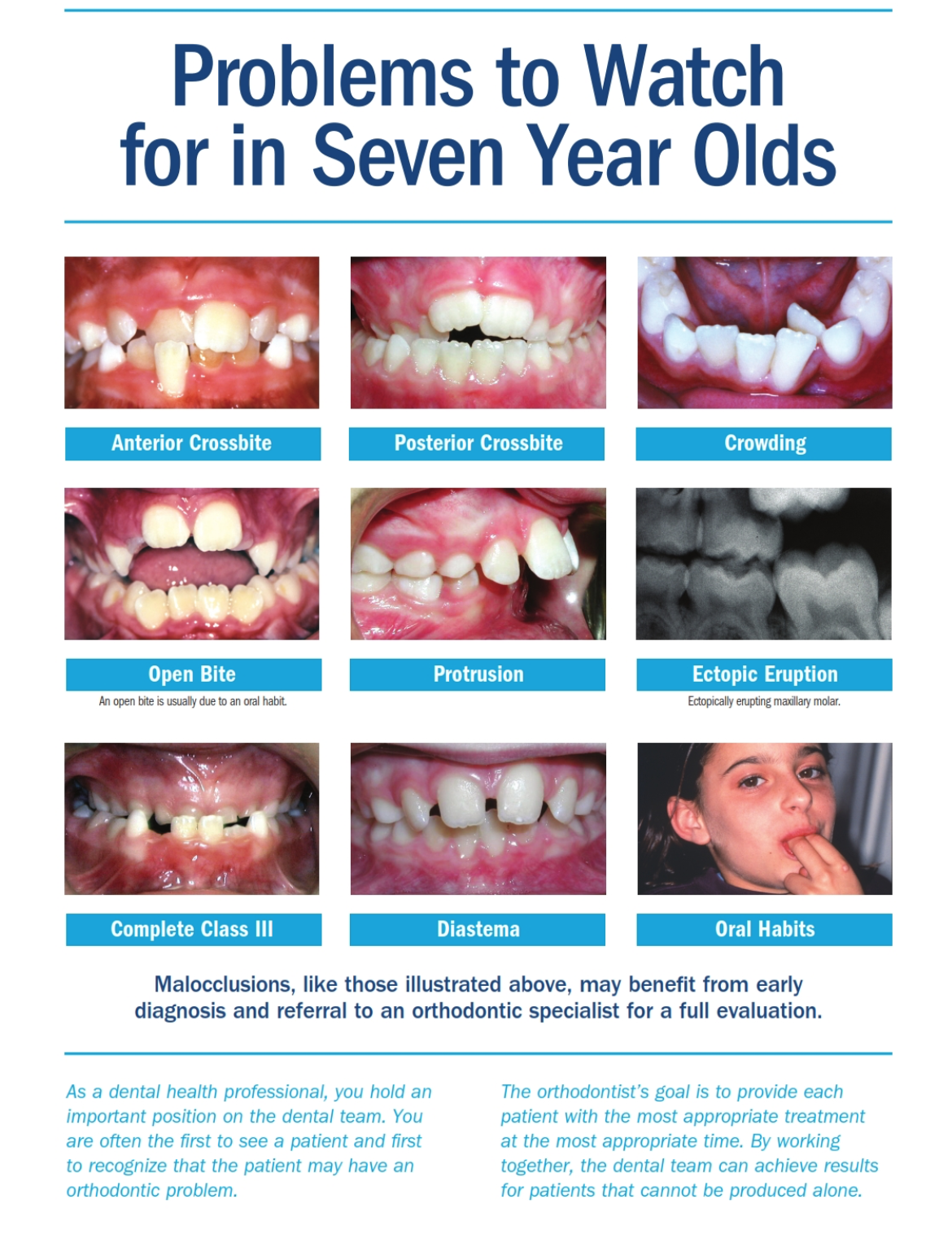An Unbiased View of Johnson Orthodontics
An Unbiased View of Johnson Orthodontics
Blog Article
More About Johnson Orthodontics
Table of ContentsTop Guidelines Of Johnson OrthodonticsThe Best Strategy To Use For Johnson OrthodonticsGetting The Johnson Orthodontics To WorkGetting My Johnson Orthodontics To WorkJohnson Orthodontics Things To Know Before You Get ThisThe Definitive Guide to Johnson OrthodonticsThe Main Principles Of Johnson Orthodontics
An orthodontist is a dentist trained to detect, protect against, and treat teeth and jaw abnormalities. Orthodontists work with people of all ages, from children to adults., but not all dental professionals are orthodontists. They concentrate on two areas: How to appropriately and securely relocate teeth Just how to appropriately lead advancement in the teeth, jaw, and faceOnce an orthodontist has actually completed training, they have the option to end up being board accredited.
Some Ideas on Johnson Orthodontics You Should Know
Imbalance, or malocclusion, is one of the most common factor people see an orthodontist. It is genetic and is the outcome of size distinctions between the top and lower jaw or in between the jaw and teeth. Malocclusion leads to tooth congestion, a misshapen jaw, or uneven bite patterns. Malocclusion is typically treated with: Your orthodontist attaches metal, ceramic, or plastic square bonds to your teeth.
If you have just small malocclusion, you may be able to use clear braces, called aligners, rather of conventional braces. Some people require a headwear to help move teeth into line with stress from outside the mouth. After dental braces or aligners, you'll need to put on a retainer. A retainer is a customized gadget that keeps your teeth in place.

They're usually utilized on kids. They can produce extra area in the mouth without having to pull teeth. If you have a major underbite or overbite, you might require orthognathic surgery (additionally called orthodontic surgery) to lengthen or reduce your jaw. Orthodontists utilize wires, surgical screws, or plates to sustain your jaw bone.
Johnson Orthodontics - An Overview
During your initial orthodontic consultation, you'll likely have: An oral examPhotos taken of your face and smileDental X-raysPanoramic (360 degree) X-rays of your face and headImpressions to create molds of your teethThese examinations will aid your orthodontist understand exactly how to wage your treatment. An orthodontist is a dental professional who's had training to treat your teeth and jaw.
Orthodontists might carry out surgical procedure, exams,X-rays,and even more to aid you attain a much more comfortable, healthier smile. An orthodontist is focused on your bite, so something like a cracked tooth would certainly be managed by a dental expert. Orthodontists are dental experts however not all dental practitioners are orthodontists. Orthodontists are focused on your bite, or the way your teeth meshed, and the straightness of your teeth.
Ever asked yourself how celebs always appear to have completely lined up teeth? The solution frequently depends on the experienced hands of an orthodontist. However what precisely does an orthodontist do? Orthodontists are oral experts who concentrate on correcting abnormalities in the teeth and jaws. Their experience surpasses simply producing a beautiful smile; it expands to enhancing your general dental health and feature.
The Of Johnson Orthodontics

These removable trays are tailor-made to gradually move the teeth's placement. In cases of slim jaws, palatal expanders can be used to develop room for correct tooth placement.
3 Simple Techniques For Johnson Orthodontics
While attaining a gorgeous smile is a natural perk of orthodontic treatment, the advantages extend far beyond appearances. Appropriately straightened teeth and a well balanced bite add to improved oral wellness in several methods: Straight teeth are simpler to cleanse, which helps avoid tooth cavities and gum disease. An appropriate bite permits effective chewing, which click to find out more helps in digestion and general intestine health and wellness.
What is the distinction in between a dentist and an orthodontist? All dental experts, including orthodontists, deal with the teeth, gum tissues, jaw and nerves.
Orthodontists and dental experts both supply dental care for people. Orthodontists can function in an oral workplace and use the very same therapies as other dental experts. You can believe of both doctors that treat gum tissue and teeth problems. The major distinction is that coming to be an orthodontist requires a certain specialty in dealing with the misalignment of the teeth and jaw.
Some Known Details About Johnson Orthodontics
An orthodontist is a dental practitioner that has gone through training to specialize in the diagnosis, avoidance and treatment of abnormalities in the jaw and teeth. They can additionally recognize possible problems in teeth positioning that may create when problems are left untreated.
This includes all the required education to come to be a general dental expert. According to the American Pupil Dental Association (ASDA), it suggests you will need to have either a Physician of Medicine in Dental Care (DMD) or a Physician of Oral Surgery (DDS). Simply put, orthodontists need to finish dental college and afterwards obtain an orthodontics specialized education and learning.
10 Easy Facts About Johnson Orthodontics Described

When you have a healthy and balanced bite, you can speak, chew and consume effectively, therefore enhancing your lifestyle. Apart from the orthodontist, we often see assistants functioning with these oral professionals in their clinics. What is an orthodontist assistant called? They're appropriately called orthodontic assistants. They are specialized aides, and are trained to handle dental equipment and give preventative dental healthcare.
Report this page